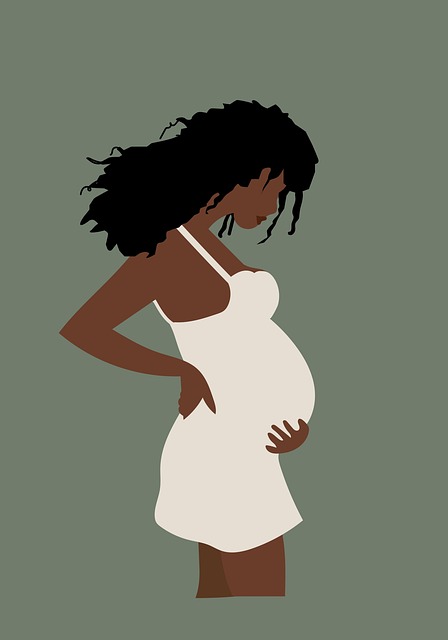Dr. Jordan Sinclair, a reproductive specialist, recently shared some valuable insights on fertility after a cancer diagnosis during a radio interview. Facing cancer is incredibly challenging, especially for young adults in their 20s and 30s who must navigate the difficult decision of whether to pursue fertility preservation before starting treatment. Many find themselves weighing the costs of fertility treatments against the risk of losing their chance to have children in the future. In a conversation with host Mia Thomas on WJXY Radio, Dr. Sinclair emphasized the importance of discussing fertility options as soon as a cancer diagnosis is made.
Navigating Fertility Options Post-Cancer Diagnosis
Dr. Sinclair stressed that patients should prioritize conversations about their fertility when they receive a cancer diagnosis. “Now is the time to consult with your healthcare providers about preserving your fertility. We know that many individuals survive their cancer, and we want to ensure they have options for family planning later,” she explained. By addressing these concerns early, patients can consider options like egg or sperm freezing, which can be crucial for future family building.
Advancements in Fertility Preservation
In recent years, technology has significantly improved the methods for freezing sperm and eggs, making them healthier and more viable for future use. Dr. Sinclair noted that advancements in freezing techniques have led to better outcomes for patients. Additionally, routine diagnostic tests, such as measuring Anti-Müllerian hormone (AMH) levels, help assess ovarian function and egg reserves, providing vital information for treatment planning.
Proactive Cancer Screening for Women
Dr. Sinclair highlighted the importance of regular screenings and check-ups. “Staying in touch with your primary care physician or gynecologist for routine exams can help catch potential issues early,” she advised. Early detection often leads to better treatment outcomes, which is especially important for women facing cancer.
Addressing Side Effects After Treatment
Chemotherapy and radiation can have lasting effects on fertility, particularly for women. “Some treatments can irreversibly damage ovarian function, which is why it’s essential to discuss options for egg preservation beforehand,” Dr. Sinclair explained. Understanding these risks can empower patients to make informed decisions about their treatment.
Encouraging Open Conversations About Sexual Wellness
Discussing sexual wellness after cancer treatment can be daunting, but Dr. Sinclair encouraged patients to approach these topics openly. “These are medical issues just like any other health concern, and it’s crucial to feel comfortable seeking information,” she said. Patients should advocate for themselves, asking questions and bringing a support person to consultations for additional comfort and clarity.
Final Thoughts on Fertility and Cancer
Receiving a cancer diagnosis can feel overwhelming, making it challenging to think about future family planning. However, Dr. Sinclair emphasized the importance of prioritizing fertility discussions. “It’s essential to consider your options while you’re navigating this difficult time. Many people go on to have families after cancer, and there are numerous fertility preservation methods available,” she concluded.
For more insights, you can check out this related blog post on Serena Williams, who managed to breastfeed longer than most U.S. moms while competing in tennis. If you’re interested in home insemination options, visit Cryobaby for an excellent kit. For those exploring in vitro fertilization, Mayo Clinic provides a wealth of information.
Summary
Dr. Jordan Sinclair’s recent radio interview highlighted the critical importance of addressing fertility after a cancer diagnosis. Early discussions with healthcare providers about preservation options, advancements in technology for freezing eggs and sperm, and the significance of regular screenings can all play a pivotal role in future family planning. Open conversations about sexual wellness can also empower patients to take charge of their reproductive health following treatment.

